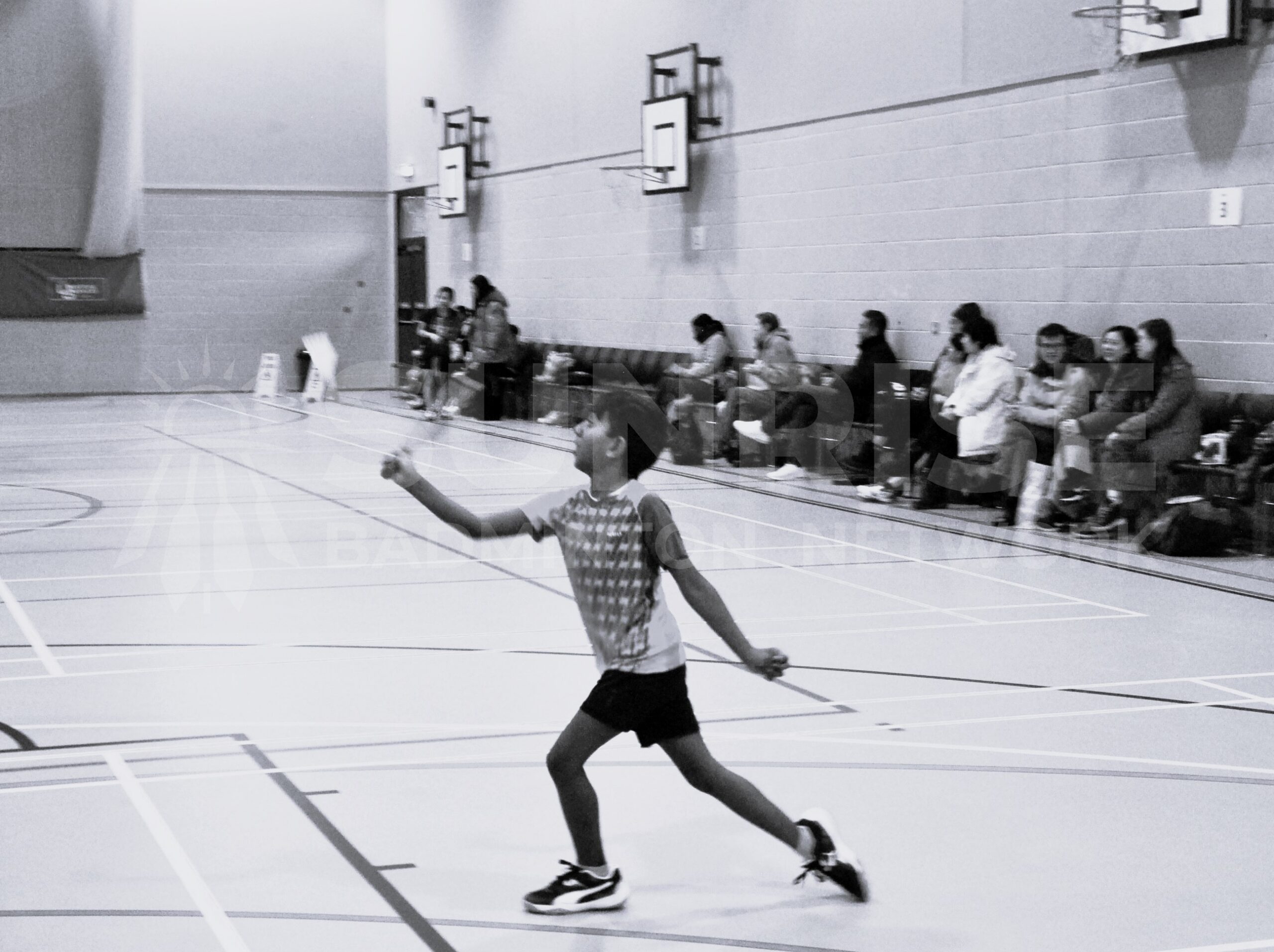The journey from “first club session” to “representing your county or country” is exciting — but it’s also full of little traps that can slow progress or halt motivation.
Parents, players, and coaches each play a key role, and even small mis-steps can make a big difference. Below is a friendly guide to the most common mistakes we see, and how to steer clear of them, so your child can grow with confidence, fun, and focus
Common Mistakes Along the Junior Pathway
Parents
Focusing too much on results instead of progress
It’s easy to cheer louder when your child wins a medal or climbs the ranking. But if your praise only comes with success, children can start to feel that love is conditional. Celebrating effort, curiosity, and small improvements often fuels longer-lasting motivation than trophies ever will.
Over-coaching from the sidelines
You might think you’re helping by shouting advice or suggesting a tweak after a point, but young players can get confused or tense when messages clash with what the coach said. Sometimes, the best thing a parent can do is sit back, breathe, and trust the coach.
Too much travel, too soon
We all want our children to experience the excitement of tournaments, but jumping into long journeys and tough matches before they’re emotionally ready can be overwhelming. Local competitions, close to home, often teach resilience in a way that long trips cannot.
Neglecting rest and balance
It’s tempting to fill weekends with badminton, training, and tournaments, but young athletes need variety: school, friends, hobbies, and sleep. Balance keeps them happy, healthy, and engaged in the sport for the long term.
Miscommunication with coaches
Parents sometimes expect instant results or question every decision. Open, respectful dialogue and a shared long-term vision build trust — which, in turn, allows players to thrive.
Players
Chasing points instead of development
It’s tempting to enter every tournament just to climb the rankings, but the fastest way to improve is to focus on learning, consistency, and mastering fundamentals.
Comparing themselves to others
Watching peers get selected or win medals can feel frustrating. The key is focusing on what they can control: effort, focus, and attitude.
Skipping basics for “power” or “tricks”
Young players sometimes fall in love with flashy shots or smashing for points. Without solid footwork, recovery, and technique, these tricks can backfire in matches — or lead to injury.
Poor match routines
Skipping warm-ups, ignoring recovery, or rushing through cool-downs may seem minor, but small habits separate consistent performers from the rest.
Negative self-talk
It’s normal to make mistakes, but dwelling on them instead of analysing and learning can kill confidence. Reframing errors as opportunities keeps development steady and positive.
Coaches
Overemphasising winning at young ages
Putting too much pressure on outcomes can squash creativity, curiosity, and motivation. Early success should never come at the cost of long-term growth.
Lack of communication with parents
When goals, expectations, or tournament plans aren’t clear, parents can feel confused, anxious, or frustrated — which can trickle down to the player.
One-size-fits-all training
Every child grows differently. Ignoring individual differences in physical development, mindset, or learning style can slow progress and cause burnout.
Neglecting psychological development
Focusing solely on drills and physical skills can leave players unprepared for pressure, setbacks, or confidence challenges. Emotional and mental growth are just as important as technical mastery.
Poor long-term planning
Too much intensity, too many tournaments, or skipping rest can cause injury or early burnout. A well-paced, thoughtful development plan is essential.
Best overall mindset, a very clear picture of what it really should be:
- Parent: Supportive guide
- Player: Curious learner
- Coach: Patient developer
When these three roles stay aligned, development happens naturally — with less stress, more joy, and a love for the sport that lasts a lifetime.

